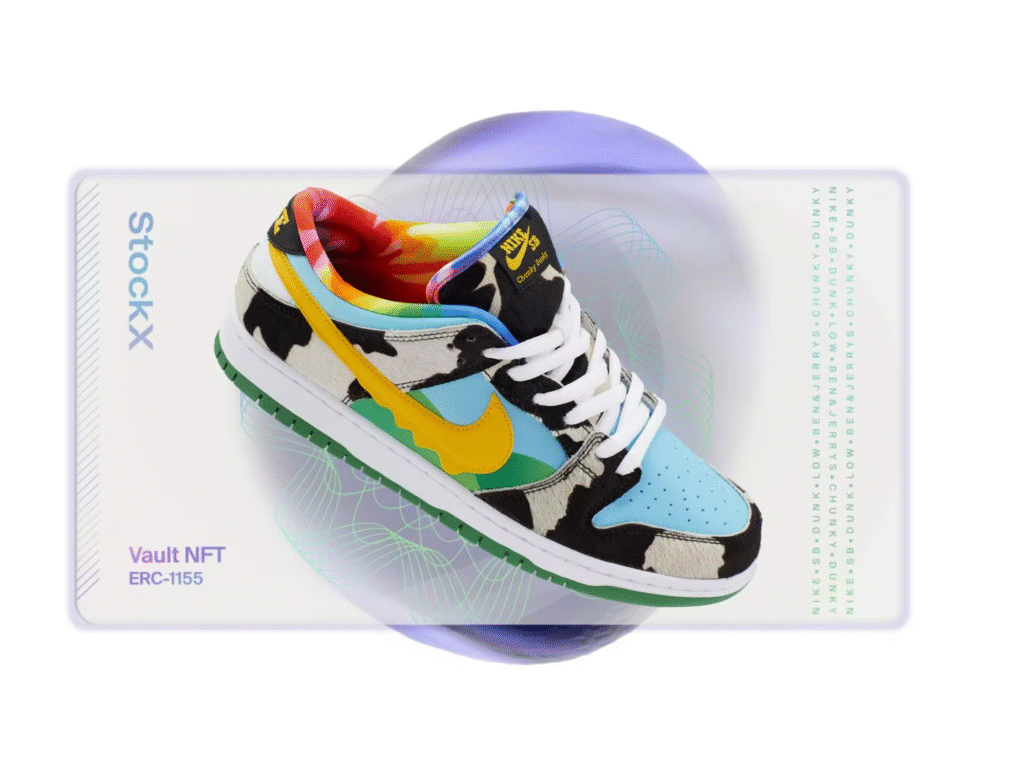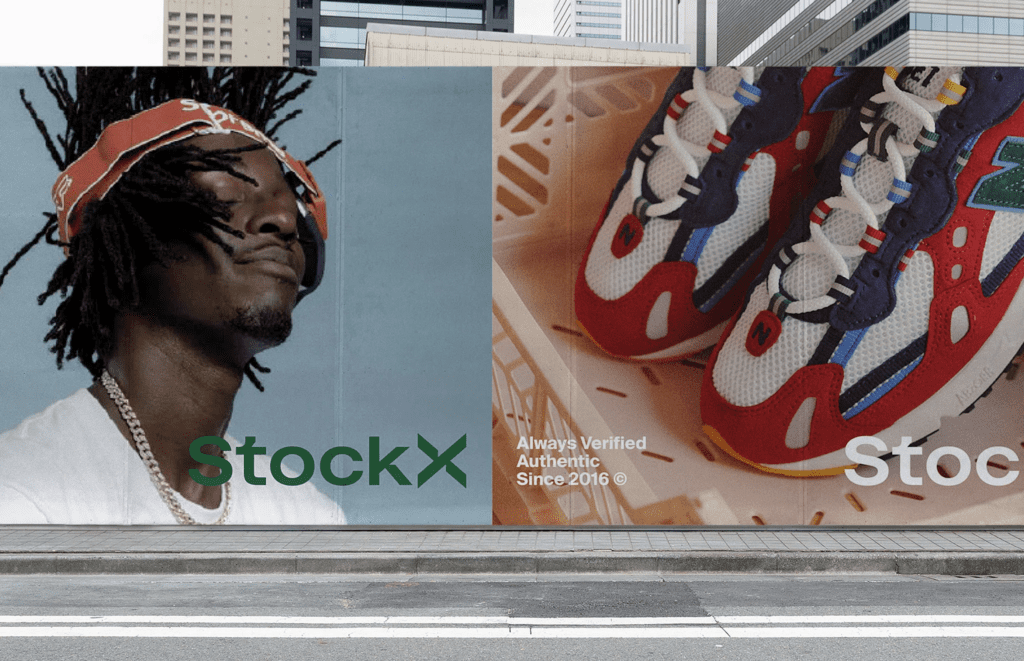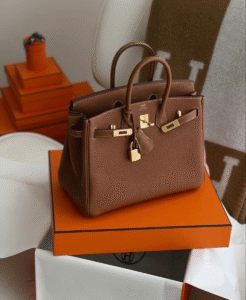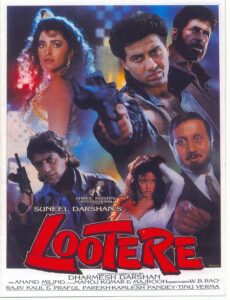
On February 3, 2022 ,Nike lodged a formal complaint at the New York District Court against StockX. This lawsuit marked the end of the 5-year long partnership between Nike and StockX.. In the initial complaint, Nike accused StockX of using its trademark to sell its NFTs. Additionally, Nike also accused StockX of using its iconic ‘Swoosh’ logo to reap huge amounts of profits through its Vault NFTs program using a digital twin technology.
The digital twin technology basically allows the customers to buy digital NFTs instead of expensive shoes. Each of these NFTs is linked to a coveted physical product (i.e. the physical shoe depicted in the NFT), and then can be redeemed through these NFTs. The whole point of this process is to provide the customer a chance to hold onto the physical product via its digital twin, for the time they need to gather the funds or closet space for it.
Ever kept a hanky on a seat to block it ? this one works kind of like that…just with NFTs.
While Nike’s initial complaint only concerned itself with the infringement of its Nike trademarks, in an updated complaint, Nike accused StockX of selling counterfeit sneakers on its platform. Nike claimed that StockX falsely represented these sneakers as official Nike products without proper authorization. Despite StockX’s claims of authenticity verification, Nike discovered that it had purchased four pairs of counterfeit shoes from StockX within just four months. These shoes were labelled as “100% authorized and verified,” contradicting StockX’s marketing.
Nike also alleged trademark infringement, arguing that StockX’s use of the swoosh logo misled consumers. The swoosh logo is closely associated with Nike, leading consumers to believe that StockX’s Vault NFTs were affiliated with or endorsed by Nike. This could lead consumers to mistakenly attribute the NFTs to Nike, even if they weren’t officially connected to the company. This false association might affect consumers’ purchasing decisions, as they could be more inclined to buy NFTs that they believe are linked to a reputable brand like Nike.
Additionally, Nike claimed dilution, stating that seeing its iconic swoosh logo on unrelated products could weaken the brand’s distinct association with high-quality athletic wear. This could have long-term consequences for Nike’s brand reputation and market position.
StockX has responded to Nike’s legal complaint by invoking the defence of nominative fair use. This legal defence serves as a way to protect a company from claims of trademark infringement and dilution. The doctrine of fair use is a legal principle that generally allows individuals or companies to use the trademarks owned by others without facing legal consequences, but this is subject to specific limitations. The use of a product should not necessarily create confusion in the minds of the customer, and the user should provide detailed information about the product, which Nike currently claims, StockX’s use of its logos has been causing.
StockX further added the principle of first sale doctrine in its defence and contented that once Nike sells its product initially, it loses its trademark infringement and dilution in the resale of this product. This doctrine places the limitation on Intellectual property owners to claim infringement when the product is already sold to customers. It empowers the buyer to resell it without asking the owner, except under certain conditions.
Nike has been currently trying to challenge the applicability of the doctrine of the first sale and comparing it to the case of Drip Creationz’ as well as Bluetooth SIG.
Nike claims the Ninth Circuit’s holding in Bluetooth SIG does not apply to this case because the trademark product in that case had been incorporated into a new product” and Drip Creation altered the product, and did not use the registered word and logo marks to “refer” to the product being incorporated into the new product.
“Here, Drip Creationz infringed Nike’s trademark rights by purchasing products bearing Nike’s marks, altering the products themselves, and then reselling the altered products bearing the Nike marks.”
Nike believes the Court should evaluate the first-sale doctrine in this case by evaluating whether the alterations made by Drip Creationz are “material” which according to Nike means “a showing of materiality requires ‘no more than a slight difference which consumers would likely deem relevant when considering a purchase of the product.” Furthermore, Drip Creationz had added disclaimers to its website renouncing any association with any other shoe company or brand. All the shoes were brought by it in full retail, after which they were customized by adding their own creative artwork.
In response to Nike’s counterfeiting claims, StockX recognized the potential for counterfeit items to occasionally pass through its verification procedures. In its official documentation, the company mentioned its refund policy, which is in place to address the uncommon occurrence when a counterfeit product may inadvertently end up with a consumer. StockX further added that Nike had previously praised StockX over its authentic verification process.
StockX has further expanded on the purpose of their NFTs, describing them as digital “claim tickets” for physical products and further elaborated that these tokens provide buyers with evidence of ownership and the authenticity of the physical item.
They further added that StockX strongly opposes characterizing these NFTs as “virtual goods” or digital sneakers, refuting Nike’s claims to the contrary. They argue that such categorization is inaccurate and does not reflect the true nature of their NFTs.
StockX further contends that there is little room for confusion in this matter, asserting that they are upfront with buyers regarding the purpose of these NFTs.
RECENT ORDER IN THIS CASE
On August 3, 2023, Nike submitted a motion in the court requesting that the defendant be compelled to provide information regarding the sellers who were selling Nike’s counterfeited products through StockX’s platform. However, StockX firmly opposed the motion and said that the plaintiff had not provided a compelling or justifiable reason regarding this information. On August 11, 2023, the court dismissed all the assertions of StockX and instructed it to provide necessary information against the sellers who sold the counterfeited products through the platform StockX. This could prove to be bad for StockX as it would ultimately be held liable for enabling counterfeiting on the platform.
CONCLUSION
The ongoing legal case involving Nike carries significant importance as it could set the rules for trademark owners to control the use of their logos and symbols in the world of NFTs. This case is crucial for shaping the legal standards in the emerging metaverse.
The lawsuit examines the relationship between a retailer and a manufacturer and makes us think about the kinds of NFTs allowed and when the “fair use” defence can be used. Until recently, it was unusual for manufacturers to take legal action against sellers for selling fake products. While we don’t know the outcome of the trial yet, many big companies are already filing trademark applications to protect their virtual goods and services in the metaverse.
This helps them establish their brand presence in this new digital world. As businesses adapt to the rapidly changing digital landscape, it’s a smart move for brand owners to officially register their virtual products and services, especially considering the uncertainty about how existing laws apply in the metaverse.









![Demna woke up and chose violence!!!
Gucci Milan Fashion Week Fall 2026, Demna’s debut Runway ✨🙇🏻♀️💋
[Demna, Gucci, Milan Fashion Week, Runway, Fashion, Italy, Let The Raven Talk]](https://lettheraventalk.com/wp-content/plugins/instagram-feed/img/placeholder.png)
